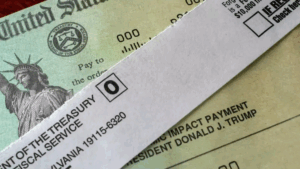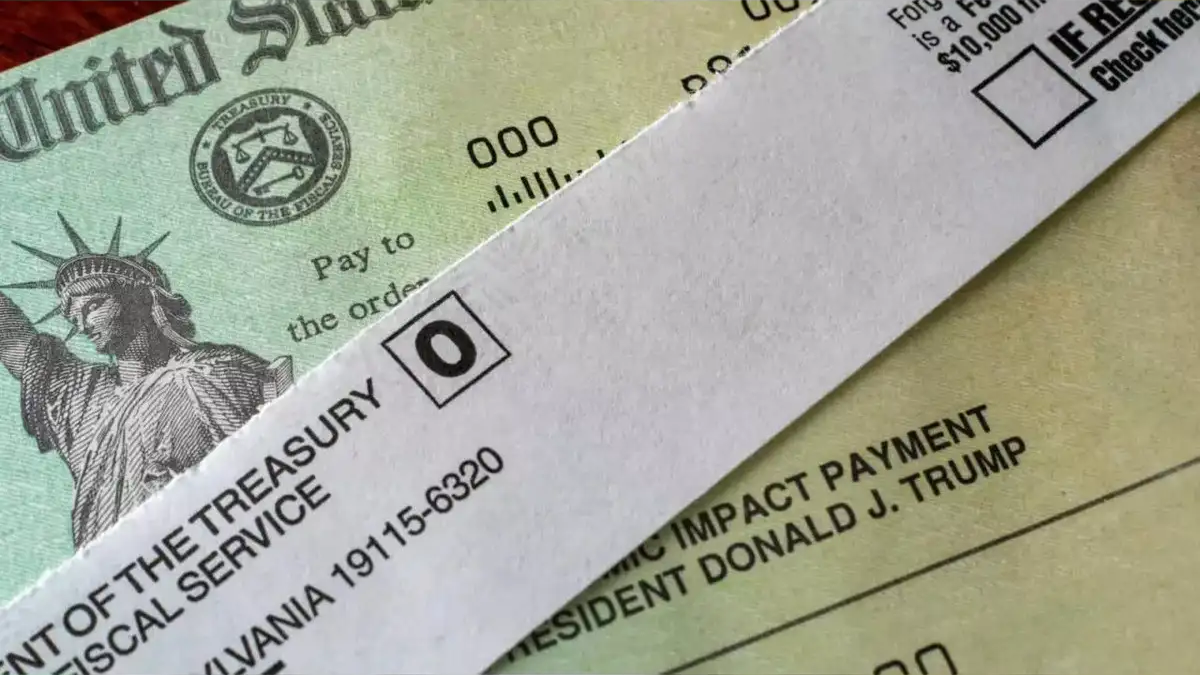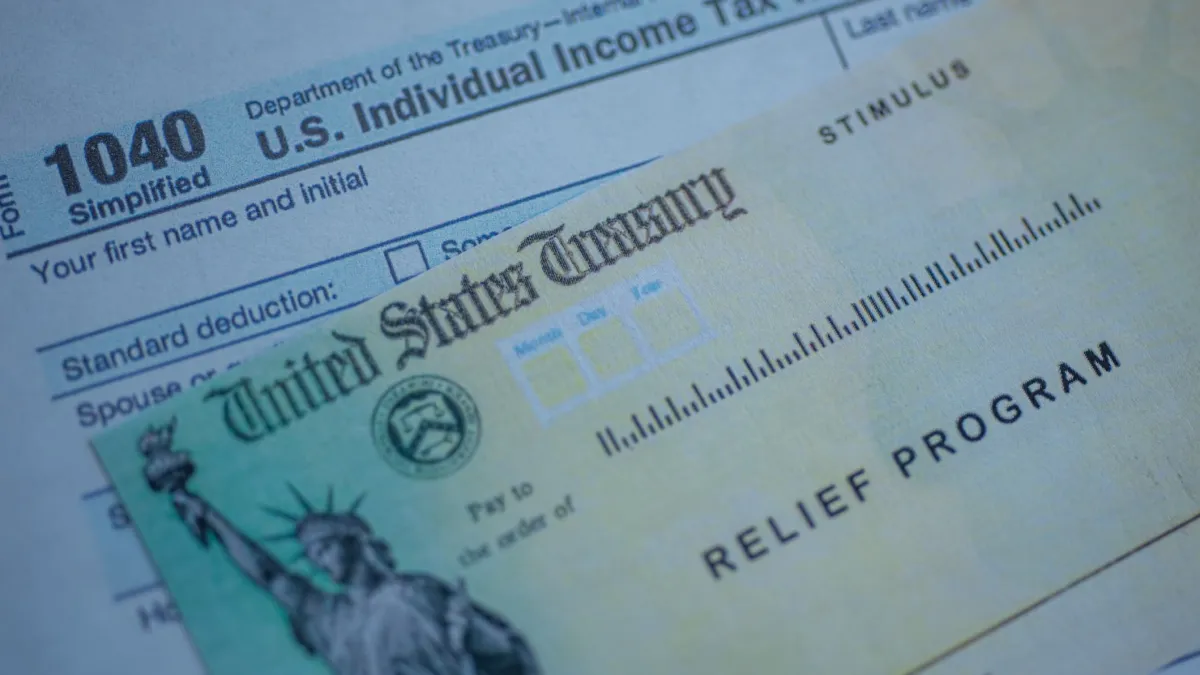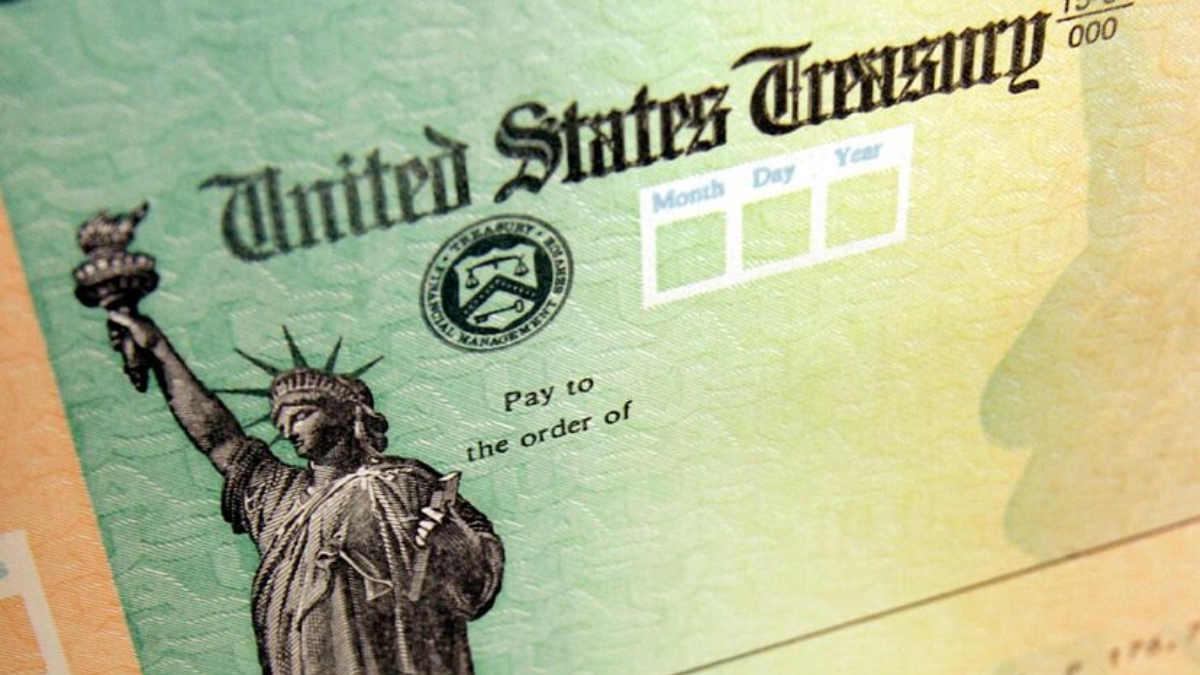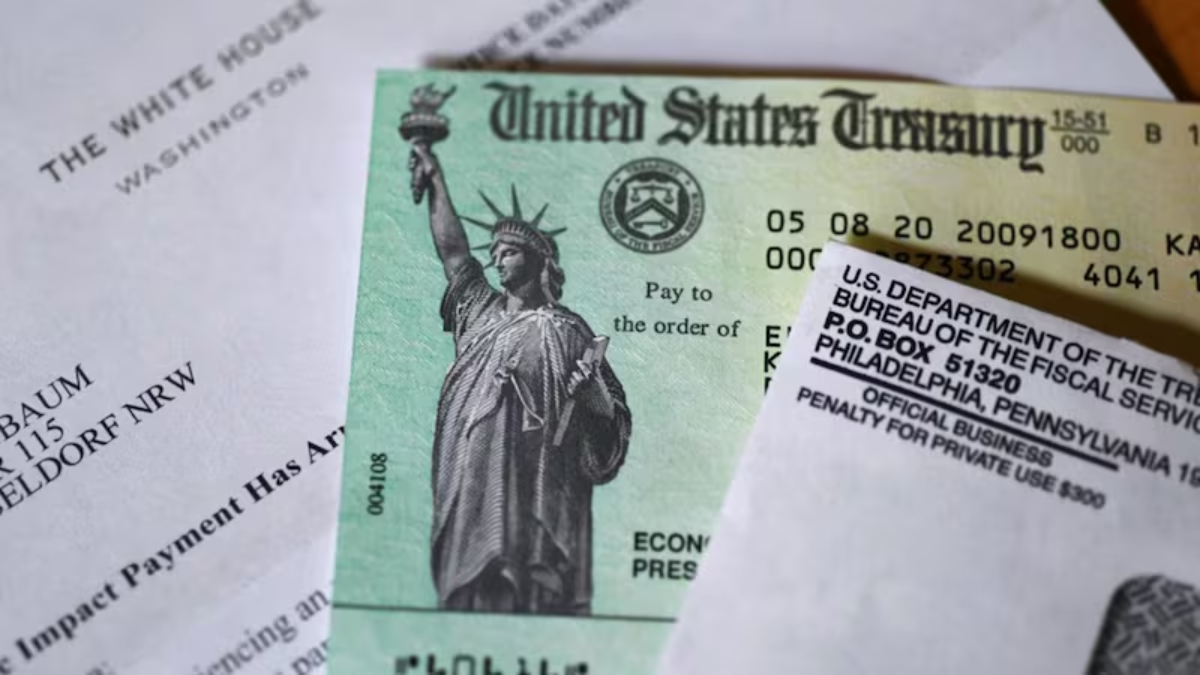Thousands of seniors across Michigan are set to receive a $5,500 direct payment as part of a newly expanded economic relief initiative. Designed to provide immediate support to elderly residents living on fixed incomes, the program aims to ease financial burdens caused by rising costs in healthcare, housing, and daily living expenses.
What Is This $5,500 Payment?
The $5,500 direct payment is a one-time benefit provided under Michigan’s Senior Stability Stimulus Plan, introduced to address the increasing needs of seniors impacted by inflation and limited retirement savings. This initiative is funded through a combination of state surplus funds and federal assistance, with payments expected to roll out in the upcoming months.
Who Is Eligible?
To receive the $5,500 payment, seniors must meet specific eligibility criteria. These include:
- Age 62 or older as of December 31, 2024
- Residency in the state of Michigan
- Annual income below $75,000 (individual) or $150,000 (married couple)
- Filed a 2024 state tax return or received SSI/SSA benefits
Additional priority may be given to seniors who rent or own homes and face ongoing utility or medical expenses.
How to Claim Your Payment
Eligible seniors do not need to take extra action if they’ve already filed their 2024 tax return or are enrolled in federal benefit programs like Social Security. For those who have not filed taxes, the Michigan Department of Treasury encourages filing by May 31, 2025 to be automatically considered. Direct deposit is the default method for payment, but paper checks will be sent to those without bank details on file.
Table – Michigan $5,500 Senior Direct Payment Overview
| Criteria | Details |
|---|---|
| Payment Amount | $5,500 |
| Eligibility Age | 62 years or older |
| Income Threshold | <$75,000 (individual), <$150,000 (married) |
| Residency Requirement | Must be a Michigan resident |
| Required Action | File 2024 taxes or be receiving federal benefits |
| Application Deadline | May 31, 2025 |
| Payment Method | Direct deposit or mailed check |
| Priority Groups | Renters, low-income seniors, medically burdened |
This $5,500 direct payment could be a game-changer for Michigan seniors needing financial relief. With a straightforward qualification process and automatic disbursement for many, now is the time to ensure your records are current. File your taxes if you haven’t, confirm your benefit status, and get ready for the support you deserve. Don’t miss out—this relief is real, and it’s coming soon.

